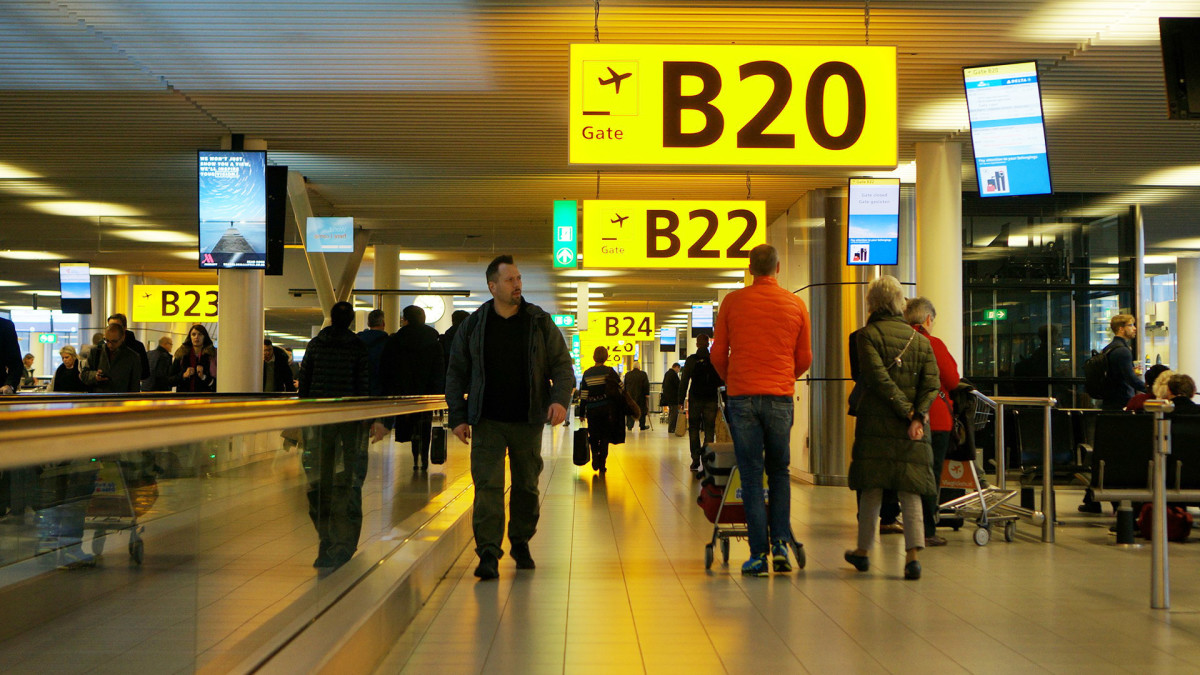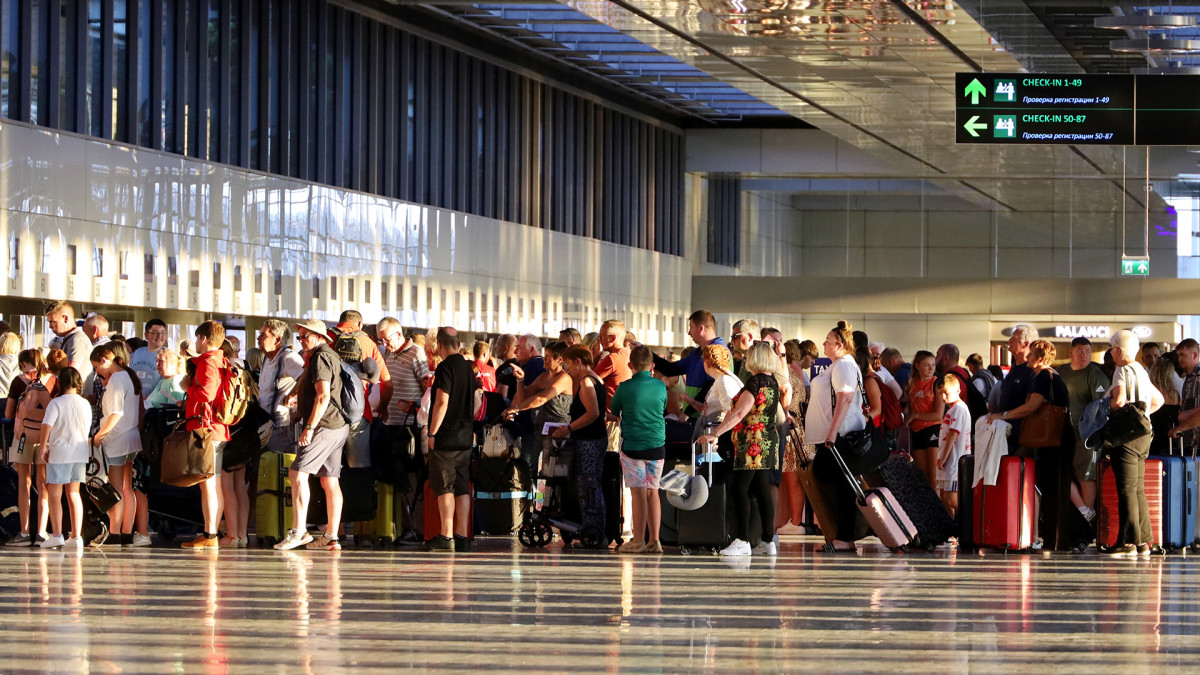
The covid pandemic dealt multiple blows to the airline industry. The first hit was simply that air travel largely went away for over a year, and international travel was hit even harder.
Airlines were barely flying and the planes that did take off had very few passengers. That did not mean that expenses stopped. Airlines still had to pay their employees and keep their fleet in working order.
Popular clothing retailer shuts down all its stores unexpectedly
Related: Popular clothing retailer shuts down all its stores unexpectedly
Basically, it was a period where a lot of money went out, but very little came in. That led to many airlines increasing their debt load at high interest rates while they put off every possible expense.
The second hit came when the impact of the pandemic gradually receded. People had learned that some travel that once seemed essential maybe wasn't.
A lot of companies cut back on business travel while international routes were slower to come back in any way. Losing business travelers who often paid for seats in Business or First Class robbed airlines — companies that desperately needed cash — of some of their best customers.
It's not that people no longer fly, but some in-person trips have become Zoom meetings, and many companies have cut back on trade shows, in-person meetings, and other events.
That situation has hit some airlines harder than others. It pushed one leading global airline into bankruptcy and the company has just learned whether U.S. courts have successfully approved its Chapter 11 filing.

Image source: Shutterstock
SAS shared its Chapter 11 bankruptcy process
While many Americans don't know Scandinavian Airline (SAS), it's a major global carrier. The company shared its mission on its website.
"Aviation is a vital part of Scandinavian infrastructure. We maintain the highest frequency of departures to and from Scandinavia and connect smaller regional airports with larger hubs. As part of Star Alliance, we fly our customers to 1300 destinations worldwide."
SAS does fly to a number of U.S. destinations, and its Chapter 11 bankruptcy was filed in an American court.
"The chapter 11 process is a legal process conducted under the supervision of the U.S. federal court system, which many large international airlines based outside of the U.S. have successfully used over the years to reduce their costs and complete financial restructurings," the company shared on its website.
It has been a long bankruptcy process as SAS first filed in July 2022. The company has tried to reassure passengers and potential passengers that it had the money needed to keep operating.
"SAS’ operations and flight schedule are unaffected by the chapter 11 filing, and SAS will continue to serve its customers as normal. Importantly, we expect to have sufficient liquidity to support our business and meet our obligations going forward. SAS has obtained $700 million in Debtor-in-Possession (DIP) financing which provides SAS with a strong financial position to fund our operations throughout our restructuring process in the U.S.," the airline added.
SAS gets a Chapter 11 answer
SAS has received approval from U.S. Bankruptcy Judge Michael Wiles of the New York Bankruptcy Court to move forward with a plan that gives it $1.2 billion in new funding from a group that included the Danish government.
"The winning bidder consortium consists of Castlelake, L.P., on behalf of certain funds or affiliates, Air France-KLM S.A., and Lind Invest ApS, together with the Danish state," the airline shared on its website.
Junior creditors will receive a mix of credit and equity, totaling $350 million. SAS did not share how much of what the company originally owed was not repaid.
ALSO READ: Popular food and grocery brand files for Chapter 11 bankruptcy
“The investment agreement that was approved by the court today is a key milestone in our SAS Forward plan, and it shows that our new investors believe in SAS and our potential to remain at the forefront of the airline industry for years to come" CEO Anko van der Werff shared.
"The restructuring will result in the cancellation of SAS equity, with no payments to existing shareholders," Reuters reported.







